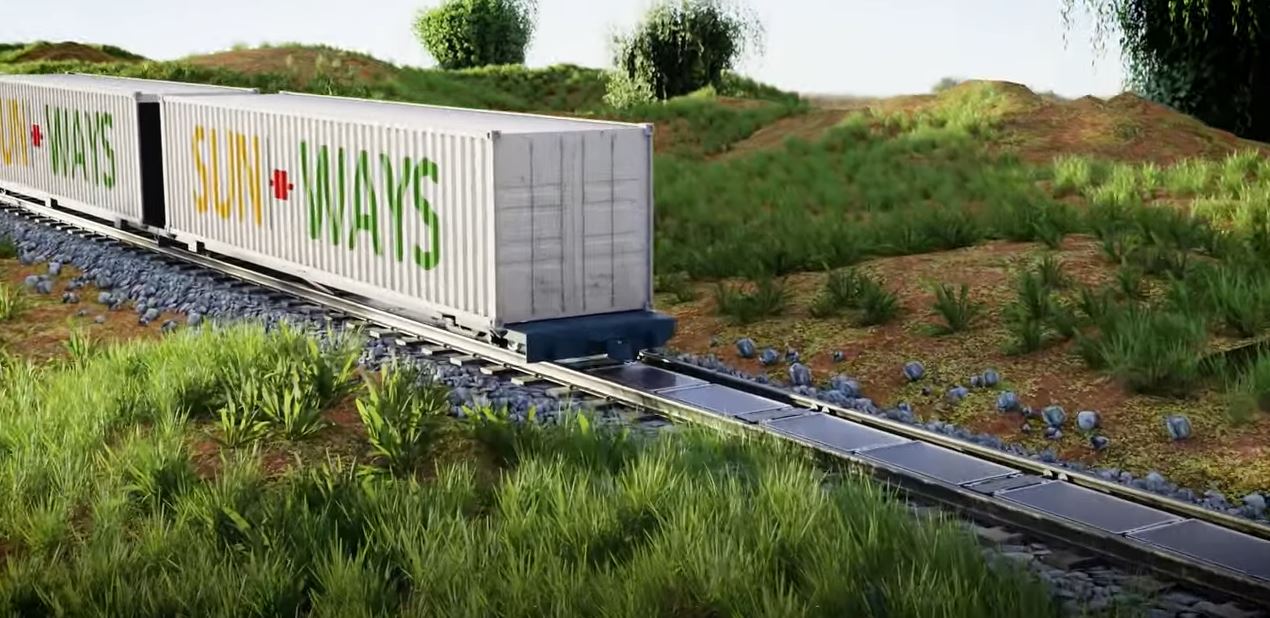
Swiss solar railway project stopped in its tracks

Plans to carpet Switzerland’s railway tracks with solar panels to produce a supply of alternative energy have been derailed by the Swiss transport ministry.
Ministry officials told startup Sun-Ways that the project would be too difficult to maintain and could risk train delays.
+ Portrait of a climate neutral country
Sun-Ways had proposed a CHF400,000 ($458,000) plan to install its solar modules on a roughly 100-metre-long section of track near Buttes in Val-de-Travers in the western Swiss canton of Neuchâtel.
The project called for the panels to be inserted on the sleepers between the tracks and this is where the idea ran into trouble.
Trains would have to stop running if panels need repairing and the transport ministry believes debris thrown off by trains would prove an unacceptable risk of damaging the panels, reports the CH Media group.
+ Why solar power struggles to take off in Switzerland
Sun-Ways did not comments to the media on the set-back but the rejection shows that converting to renewable energy in Switzerland is not straightforward.
Switzerland has set an ambitious target of zero net emissions by 2050, a plan that was endorsed by voters last month.
Increasing the network of solar panels is seen as one way of reaching the target, but only if photovoltaic projects can be realised.
+ Can roadside solar panels solve Switzerland’s energy puzzle?
Proposed solar parks in the Alps has already stoked tensions, and a recent media survey revealed little support for a range of other alternative energy proposals.
Theoretically, solar panels could be installed on all 5,317 kilometres of the Swiss rail network for a total area corresponding to about 760 football fields, excluding areas in tunnels or ones exposed to little sunshine.
Sun-Ways says the national rail network could produce 1 Terawatt-hour (TWh) of solar energy per year, or about 2% of the electricity consumed in Switzerland.

In compliance with the JTI standards
More: SWI swissinfo.ch certified by the Journalism Trust Initiative






























You can find an overview of ongoing debates with our journalists here . Please join us!
If you want to start a conversation about a topic raised in this article or want to report factual errors, email us at english@swissinfo.ch.